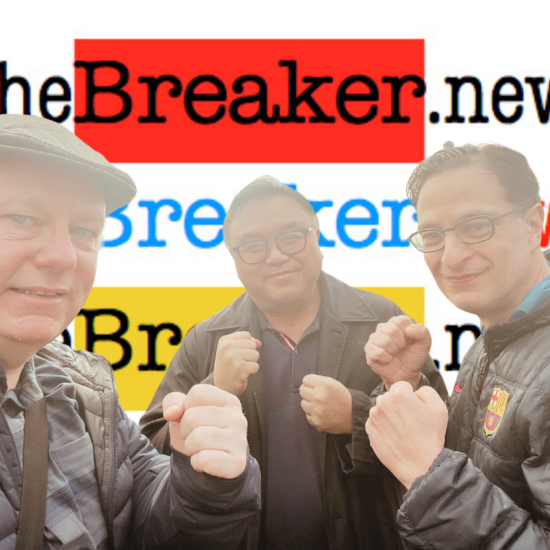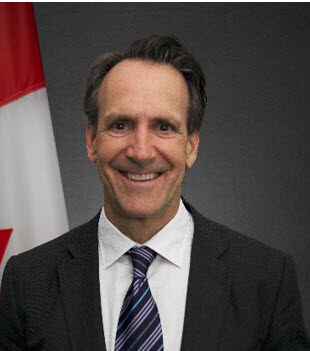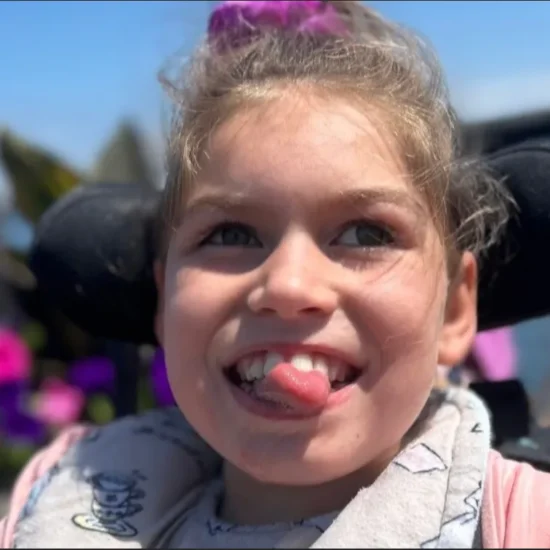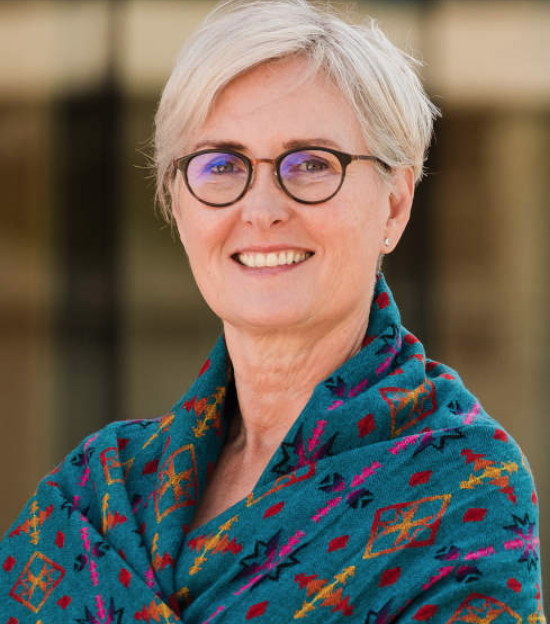
Bob Mackin
A review of allegations of racism in B.C. healthcare found no evidence of a Price Is Right-style guessing game about the blood alcohol level of Indigenous patients.
But that does not mean First Nations, Metis and Inuit people weren’t losing dignity, and even their lives, in the system.

Mary Ellen Turpel-Lafond (BC Gov)
Former children’s advocate Mary Ellen Turpel-Lafond’s 230-page report, “In Plain Sight: Addressing Indigenous-specific Racism and Discrimination in B.C. Health Care,” was released Nov. 30. On June 19, a complaint about the Price Is Right allegation sparked Health Minister Adrian Dix to order the report.
“If such games did occur in the past, they are not occurring today. There are episodic, anecdotal reports that resemble these allegations, none could be described as prevalent, widespread or targeting only Indigenous patients,” Turpel-Lafond wrote. “Guessing by medical professionals of various patient levels, including blood alcohol, is routine and may be clinically appropriate, although the review does find extensive profiling of Indigenous patients based on stereotypes about addictions.”
However, the review found “clear evidence of a much more widespread and insidious problem” including hundreds of examples of prejudice and racism throughout the B.C. health system. Turpel-Lafond found evidence of denial of service, medical mistakes, abusive interaction, higher infant mortality and even suicide.
“It doesn’t mean every Indigenous person who gets health care will experience direct or indirect racism, but it does mean that any Indigenous person could experience it –anywhere in the system. We have a significant problem that must be urgently addressed.”
Turpel-Lafond was confident in her finding against the headline-grabbing allegation that led to the report.
“We interviewed everyone surrounding that allegation,” she said.
“I am confident in the conclusions that there isn’t an organized game with prizes.”
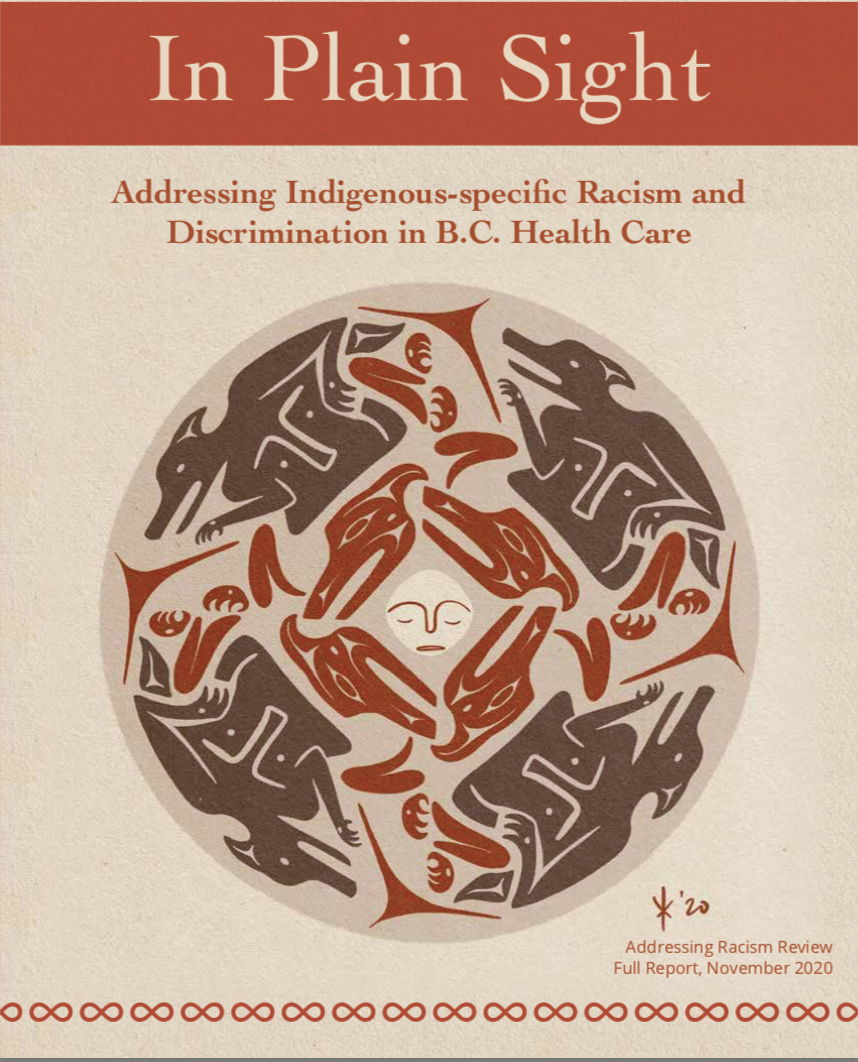
Cover of the Nov. 30 report (BC Gov)
The review surveyed thousands of Indigenous people and health workers, and interviewed 150 key informants.
An overwhelming amount of Indigenous respondents (84%) reported some form of discrimination in health care and more than half of Indigenous health workers reported experiencing racial prejudice at work, mainly discriminatory comments by colleagues. More than a third of non-Indigenous workers personally witnessed racism or discrimination against Indigenous patients. Surprisingly, 13% of health workers who responded made racist comments in the survey.
“Among top reported reasons why racism persists: employees not willing to speak up; lack of accountability by leadership to stop discriminatory behaviour,” the presentation said.
The report found racism limits access to medical treatment and negatively affects the health and wellness of Indigenous peoples in B.C. and Indigenous women and girls are seriously disproportionately impacted. It included comments from Indigenous patients and their families and from health care workers who contacted the review.
“I have seen the symptoms of an Indigenous patient go untreated for days despite the concerns voiced by our unit physiotherapist, resulting in this patient having a stroke,” said a social worker, whose name was not disclosed in the report.
“I have [an Indigenous] client who went to an emergency department every day for almost two weeks feeling like they were having seizures or passing out,” said a registered nurse. “The client was turned away every day for two weeks. Once they were finally admitted to the hospital, it was found that their ICD [Implantable Cardioverter-defibrillator] was actually completely malfunctioning and was defibrillating them every day, sometimes multiple times in one day. This client was turned away so many times and I have heard people refer to them as a ‘frequent flyer’… This person should have never been turned away from the hospital, even once, let alone multiple times.”
Shortly after her appointment, Turpel-Lafond investigated the case of Canadian Forces member Connor Sutton, a member of the T’Sou-ke Nation who was suffering a hole in his esophagus. Sutton was persistent in seeking medical attention at Cowichan District Hospital, but hospital staff referred him to a homeless shelter, security guards intervened and RCMP eventually arrested him. He wound up in a psychiatric ward, but was later released into the care of Canadian Forces in Esquimalt.
“Mr. Sutton and his family are worried that if he has similar physical symptoms in the future, he will not seek treatment due to his negative experiences. The family has retained legal counsel and is trying to understand which medical decisions were made and when,” Turpel-Lafond wrote.
“While the family has spoken with [Vancouver Island Health Authority] leadership, they are still struggling to access the case notes, charts and physicians’ orders that led to Mr. Sutton being shuffled out of Cardiac ICU and into Psychiatric ICU. The family notes that the Indigenous liaison they worked with was great, but they felt the liaison had no real power to help them find answers. They feel they were treated as second-class citizens by facility medical staff.”
The report makes 10 recommendations to change the system, nine to change behaviours and four to change beliefs. There is also a recommendation for a task force to implement recommendations. Turpel-Lafond asked for and received an apology to Indigenous people from Health Minister Adrian Dix.
Turpel-Lafond ultimately wants a“speak-up culture” in healthcare and for the government to expand the Public Interest Disclosure Act whistleblower law that it proclaimed in 2019.
“I found incredible fear around talking about even these issues, which were important issues,” she told reporters.
Turpel-Lafond is a former Saskatchewan Provincial Court judge who was B.C.’s first representative for children and youth from 2006 to 2016. She is now a professor at the University of B.C.’s Allard School of Law and director of the UBC Indian Residential School Centre.
Support theBreaker.news for as low as $2 a month on Patreon. Find out how. Click here.






